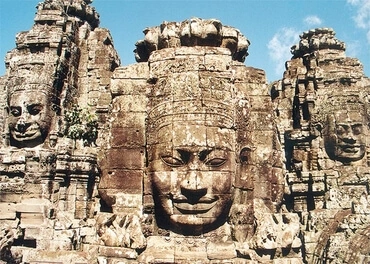1
When◦ Israel was a lad, then I loved him, and called My son out··of Egypt.
2
As they called them, so they went◦ from before them; they sacrificed unto Baalim, and burned··incense to graven images.
3
And I▵ taught Ephraim to go, taking them by◦ their arms; but they knew not that I healed them.
4
I drew them with the cords of man, with ropes of love; and I was to them as those who lift··up◦ the yoke from upon their jaws, and I leaned··over* to▵ them to cause them to eat.
5
He shall not return into▵ the land of Egypt, but Assyria shall be his king, because◦ they refused to return.
6
And the sword shall travail on◦ his cities, and shall consume··all his poles, and devour on··account··of their own counsels.
7
And My people are swayed* to turn··back from Me; and they called them upward◦, but together they would not exalt.
8
How◦ shall I give thee up, O Ephraim and deliver▵ thee, O Israel? How◦ shall I give thee over as Admah and set thee as Zeboim? My heart is turned upon Me, My repentings yearned together.
9
I shall not do the fierceness of My anger, I shall not return to destroy Ephraim; for I▵ am God◦, and not a man◦; the Holy··One among thee; and I will not come into the city.
10
After Jehovah they shall go; He shall roar as a lion; for He◦ shall roar, and the sons from the sea shall··be··frightened.
11
They shall be··frightened as a bird out··of Egypt, and as a dove out··of the land of Assyria; and I will cause them to dwell in their houses, says◦ Jehovah.
12
12:1 Ephraim surrounds Me with denial, and the house of Israel with deceit; but Judah still dominates with God◦, and is··faithful with the holy··ones.








